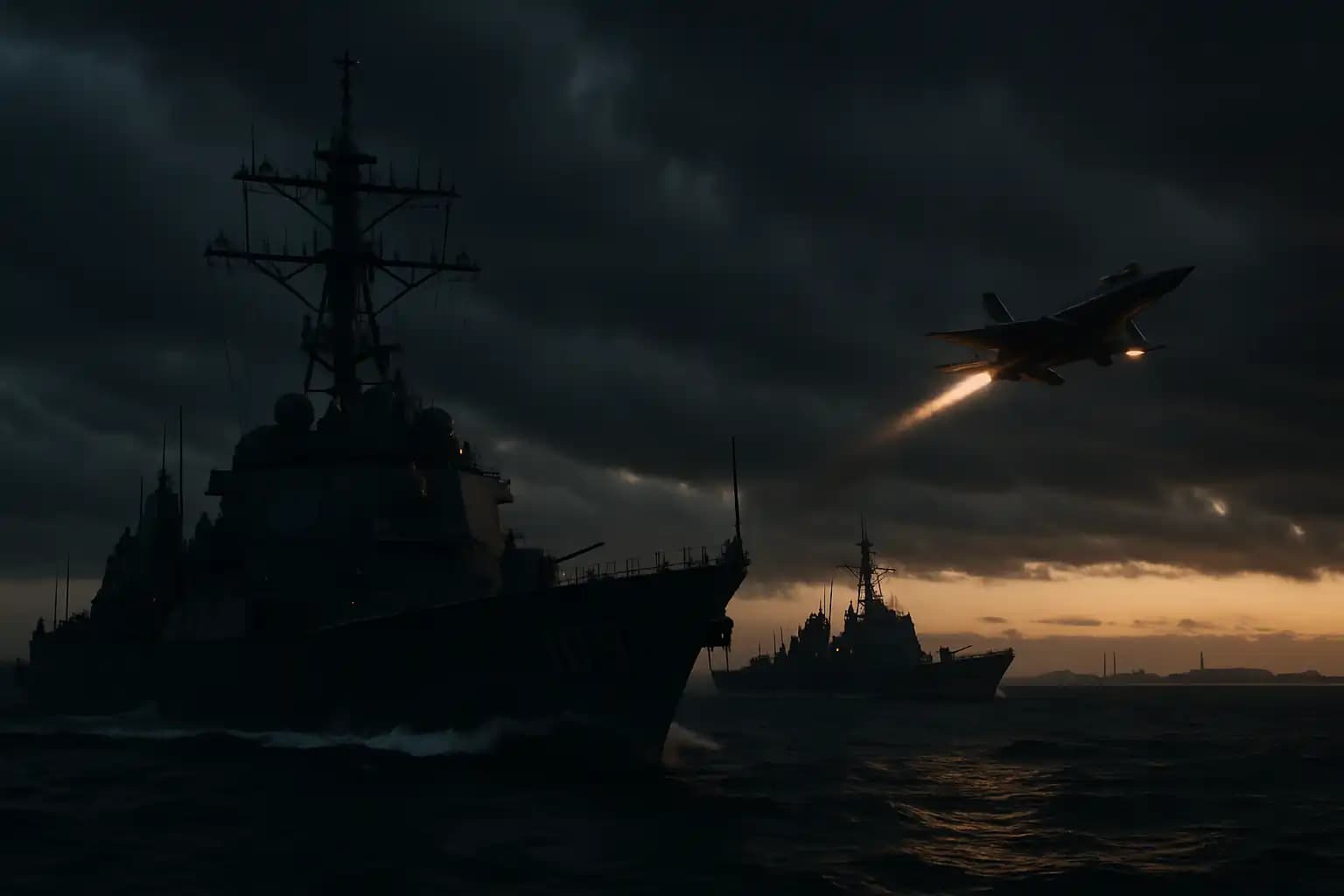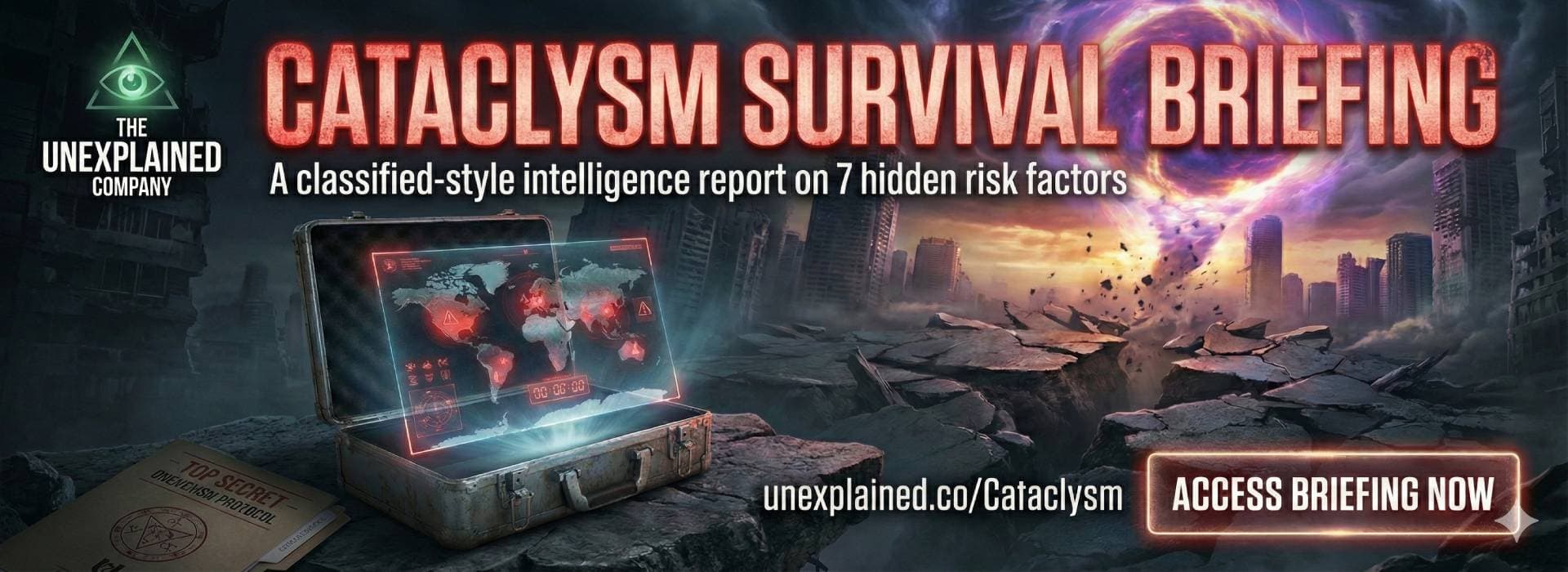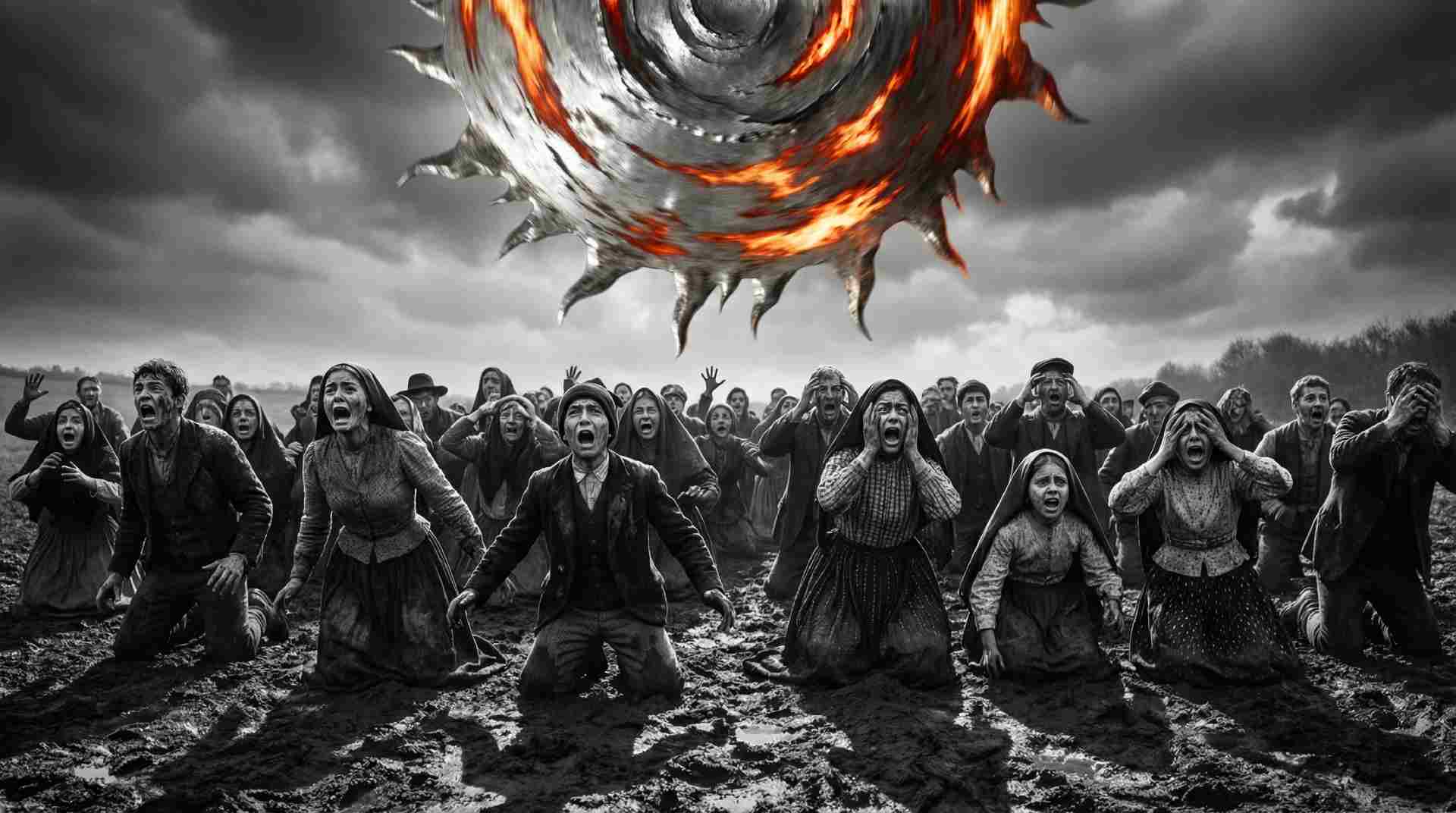In an era of constant breaking news, few stories generate as much global anxiety—and confusion—as U.S. military action in Latin America. In October 2025, President Trump’s administration confirmed a major escalation: U.S. airstrikes on vessels linked to Venezuelan cartels. What began as a “war on drugs” rapidly transformed into a volatile mix of sovereignty disputes, regime-change accusations, and renewed scrutiny of U.S. foreign policy (summary of the 2025 US-Venezuela strikes).
From Drug Interdiction to Escalating Military Force
On September 2, 2025, President Trump announced the U.S. Navy’s first strike on a Venezuelan boat, reportedly killing eleven individuals linked to the Tren de Aragua cartel. By late October, 61 fatalities had resulted from 15 strikes at sea—eight in the Caribbean and seven in the Pacific. According to PolitiFact, the administration presented these actions as a direct response to narcotics trafficking. President Trump claimed each intercepted boat could “save 25,000 American lives.” However, several analysts have pointed out that this figure is excessively inflated and not supported by overdose data, as fentanyl primarily reaches U.S. streets from Mexico and domestic sources.
These operations represent the most aggressive U.S. military activity in Central and South America since the Panama invasion, raising major legal, ethical, and diplomatic questions. Previous geopolitical analyses and war escalation risk briefings have highlighted the dangers of mission creep and unexpected consequences.
Land Strike Rumors and White House Pushback
As U.S. forces expanded their maritime operations, rumors circulated that President Trump would soon order direct bombings of land-based targets in Venezuela. Outlets from investingLive to major broadcasters reported U.S. officials were “poised” to target military facilities linked to drug cartels. Moments later, the White House downplayed the possibility of imminent land strikes, clarifying that no final decision had been reached and urging the media not to over-interpret evolving military deployments.
Fox News and The Wall Street Journal noted that although potential targets had been identified, any further action beyond the contentious sea strikes would likely face backlash from Congress and allies. Lawmakers, including Adam Schiff and Rand Paul, called for debate and adherence to the War Powers Resolution before extending U.S. attacks (White House land strike response).
This tension between presidential authority and legislative oversight echoes past U.S. interventions—think of recent discussions on unexplained foreign operations and war room summit reporting.
Diplomatic Fallout, Legal Debates, and Reactions from Maduro
The U.S. campaign has drawn sharp condemnation from Venezuela and its allies, with President Nicolás Maduro accusing the airstrikes of “extrajudicial murder” and an attempt at regime change. While the U.S. alleges cartel ties to armed groups, it has provided little direct evidence to the public. Watchdogs and human rights experts question whether these operations comply with U.S. and international law. This situation has prompted Venezuela to appeal to the UN and bolster its military presence near the Colombian border, citing a “threat of American invasion.”
Meanwhile, the CIA’s confirmed covert actions in Venezuela have alarmed foreign policy experts—especially given the agency’s controversial history in Latin American interventions. For perspective, consider previous U.S. military deployments and broader superpower rivalry case studies.
What It Means: Precedent, Geopolitics, and the Next Phase
Why is this important beyond daily headlines? First, the legitimacy and focus of U.S. actions in the hemisphere are now critical—impacting Latin American stability, narcotics policy, and global norms. Accusations of regime change persist even as the Pentagon states, “no plans for occupation.” The risk of mission creep or unintended escalation is underscored in Guardian’s deep-dive analysis. Whether viewed as a “just war” or catastrophic overreach, 2025 represents a pivotal test of U.S. regional power and legal obligations.
As partisanship in D.C. and mounting tensions abroad keep this crisis volatile, avoid settling for rumors or hot takes. For full synthesis and investigative details, bookmark Unexplained.co and stay alert for verified developments in the coming days.





